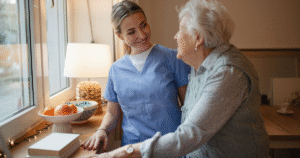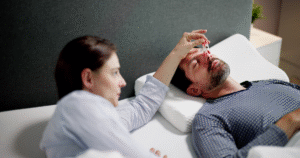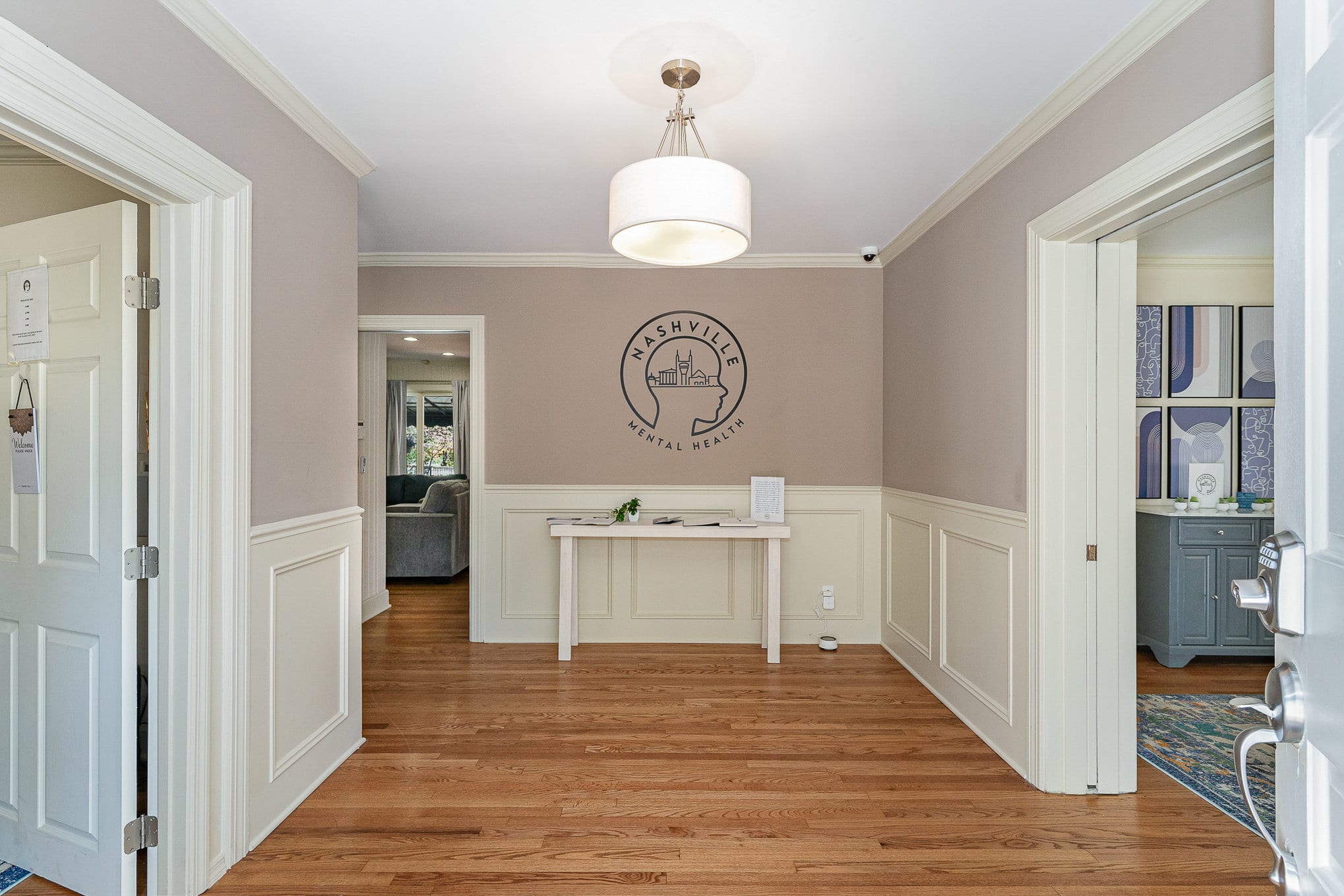Today, people of all ages use social media. Platforms like Instagram, TikTok, Snapchat, and YouTube are a big part of daily life. They help us stay connected, have fun, and share parts of our lives. But they can also affect how we feel about our bodies and ourselves. This is called body image—how we think and feel about the way we look.
For kids and teens, body image and social media can be tricky. Many are still growing and learning about themselves. Seeing pictures of perfect bodies, filters, and selfies can cause stress, shame, and even loneliness. Let’s look at how social media affects body image, and what we can do to feel better and stronger.

What Is Body Image?
Body image is how you see your body and how you feel about it. It includes your weight, skin, shape, and overall appearance. A healthy body image means feeling okay about the way you look, even if you’re not perfect.
But many people have a hard time with body image. They may focus on things they don’t like. They may compare themselves to others. This can lead to low self-esteem, depression, or even health problems like eating disorders or body dysmorphic disorder (BDD).
Nashville Mental Health
What Is Social Media?
Social media includes websites and apps where people share photos, videos, and messages. Some popular social media platforms are:
- TikTok
- YouTube
- Snapchat
These sites use algorithms to show content that gets more likes and views. Sometimes, that means showing more photos of very thin, fit, or perfect-looking people. This creates something called the thin ideal—a body shape that is shown again and again as the most beautiful.
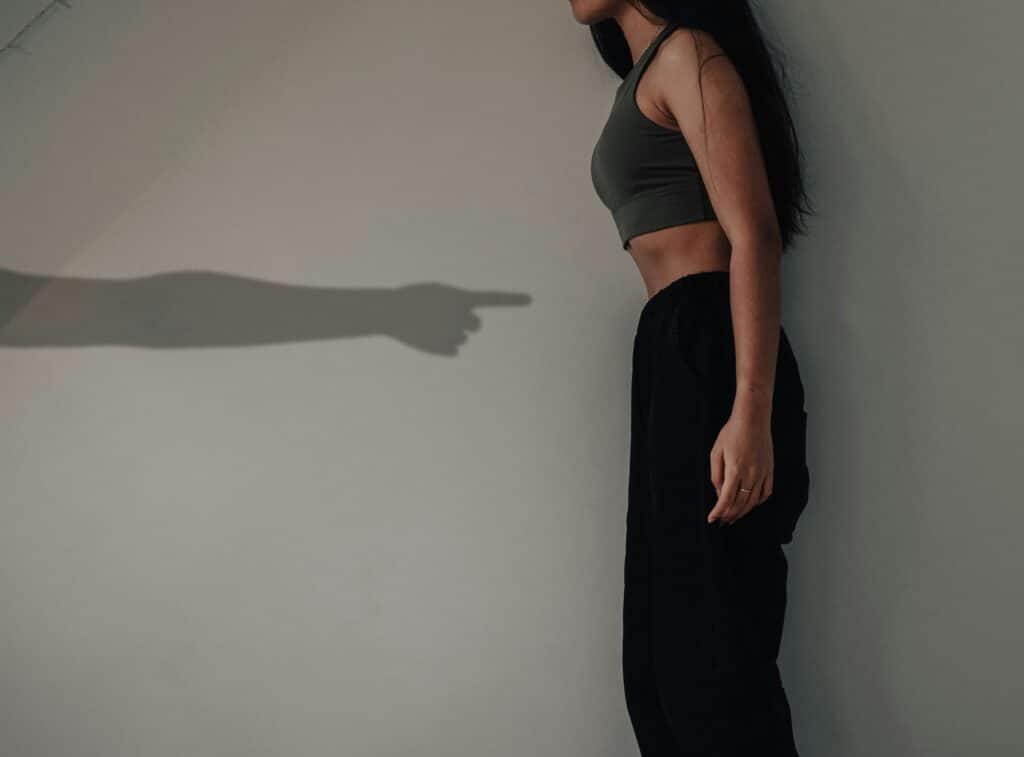
How Social Media Changes the Way We See Ourselves
Seeing “perfect” bodies all the time can make you feel like your own body is not good enough. You may start to compare yourself to others. This idea is called social comparison theory. It means we look at others to understand ourselves. But these comparisons can be unfair and hurtful—especially when filters and edits are used.
What Happens in the Brain?
When people get likes, comments, or feedback online, it can affect the brain. It makes us want more attention and approval. This can feel like a kind of addiction—we check our phones all the time to see if people liked our posts. Over time, this behavior may hurt our mental health.
The Role of Filters and Edits
Many apps let users change how they look. They can smooth their skin, make their body thinner, or even change their eyes and face. These edits create a fake version of reality. Kids and teens may think this is how people really look, which affects their perception and feelings.
Who Is Affected?
Social media can affect anyone. But some people face more pressure than others.
Gender and Culture
Girls are more likely to be shown thin, flawless bodies. Boys may be shown strong, muscular bodies. These images create pressure to look a certain way. Different cultures also have different beauty rules. If you don’t match these rules, you may feel left out or not good enough.
Teens and Preteens
Young people are still growing. Their brains are still developing. They may not understand how media works. This makes them more at risk for problems like:
- Low self-esteem
- Depression or bipolar disorder
- Eating disorders
- Cyberbullying
- Body dysmorphic disorder
The Effects of Social Media on Health
Spending too much screen time on social media can affect your health and lifestyle. It can make you:
- Move less and exercise less
- Worry more about how you look
- Feel sad, angry, or stressed
- Sleep less
- Eat too little or too much
- Avoid friends and fun things
Research from the Mental Health Foundation and groups in the United Kingdom shows that more media use is linked to poor mental health, especially when people focus on their looks.
What Can We Do to Help?
Learn Media Literacy
Media literacy means understanding how media works. It helps you see when photos are fake or edited. It helps you question what you see. Knowing the truth helps protect your feelings and cognition (how you think).
Be Body Positive
Body positivity means loving your body as it is. It means knowing that beauty comes in many shapes, sizes, and colors. You don’t need to change your weight, shape, or skin to be happy.
Nashville Mental Health
Talk to Someone
Talking to a parent, therapist, or community leader can help. If you feel sad or ashamed of your body, you are not alone. Many people feel the same way. Therapy can help you feel better and teach you new ways to think and behave.
Healthy Habits to Build a Better Body Image
Here are some things you can do to feel better about your body:
- Exercise because it feels good, not to lose weight
- Eat a balanced diet and enjoy your food
- Take breaks from your phone
- Unfollow accounts that make you feel bad
- Follow people who are kind, diverse, and real
- Spend time with friends and family
- Do fun things that are not about looks
- Look in the mirror and say nice things about yourself
Watch for Risk Factors
Certain risk factors can make social media more harmful:
- Having a history of substance abuse or mental illness
- Being bullied online (cyberbullying)
- Seeing a lot of posts about weight loss, plastic surgery, or filters
- Feeling pressure from peers, society, or even policy rules
Parents and teachers can help by watching for signs like mood changes, stress, or eating problems. Early help can stop small problems from becoming big ones.
The Role of Professionals
Sometimes, talking to a therapist or doctor is the best step. They may help with medication, counseling, or plans to change behavior. If someone has body dysmorphic disorder, eating disorders, or bipolar disorder, they may need special care. Every patient is different, and help should be based on each person’s needs.
Data shows that people who get help early have better quality of life and feel less pain, shame, or fear about their bodies.
Social Media and the Pandemic
During the pandemic, people used social media even more. They felt more loneliness and stress. Some felt worse about their bodies from seeing more edited, filtered posts. Others used the internet to find support, therapy, or safe communities. The way we use technology matters. We can use it in healthy or harmful ways.
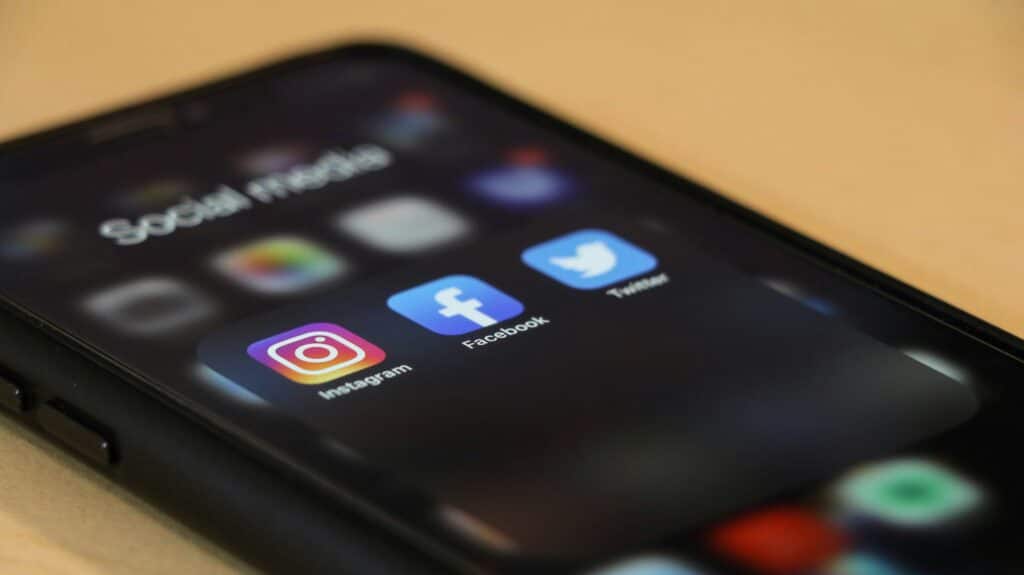
FAQs
1. How does social media affect body image?
Social media shows many edited and filtered photos. This can make people feel like they are not good enough, leading to poor body image and low self-esteem.
2. What are signs that social media is harming my body image?
Feeling sad, stressed, or ashamed about how you look, comparing yourself to others, or changing your behavior because of what you see online are warning signs.
3. How can I build a better body image?
Limit screen time, unfollow harmful accounts, practice body positivity, and talk to a therapist if you need help. Focus on health, not looks.
4. What is body dysmorphic disorder?
It’s a condition where people obsess over small flaws in their looks, even if others don’t see them. It can cause a lot of pain and may need professional treatment.
5. Can therapy help with social media body image issues?
Yes. Therapy helps people change their thoughts, feelings, and behaviors. It can teach you how to feel better and be more confident in your own skin. Contact us today or visit SAMSHA for more information.
Nashville Mental Health
Final Thoughts
Social media is a big part of modern life, but it can have real effects on body image and mental health. By learning the truth, practicing media literacy, and talking to others, we can make the internet a safer, kinder place. Everyone deserves to feel good in their body—no matter their shape, weight, or skin.
If you or someone you love is struggling, talk to a trusted adult or seek therapy. Remember: You are more than your image. You are a person with feelings, dreams, and worth.




